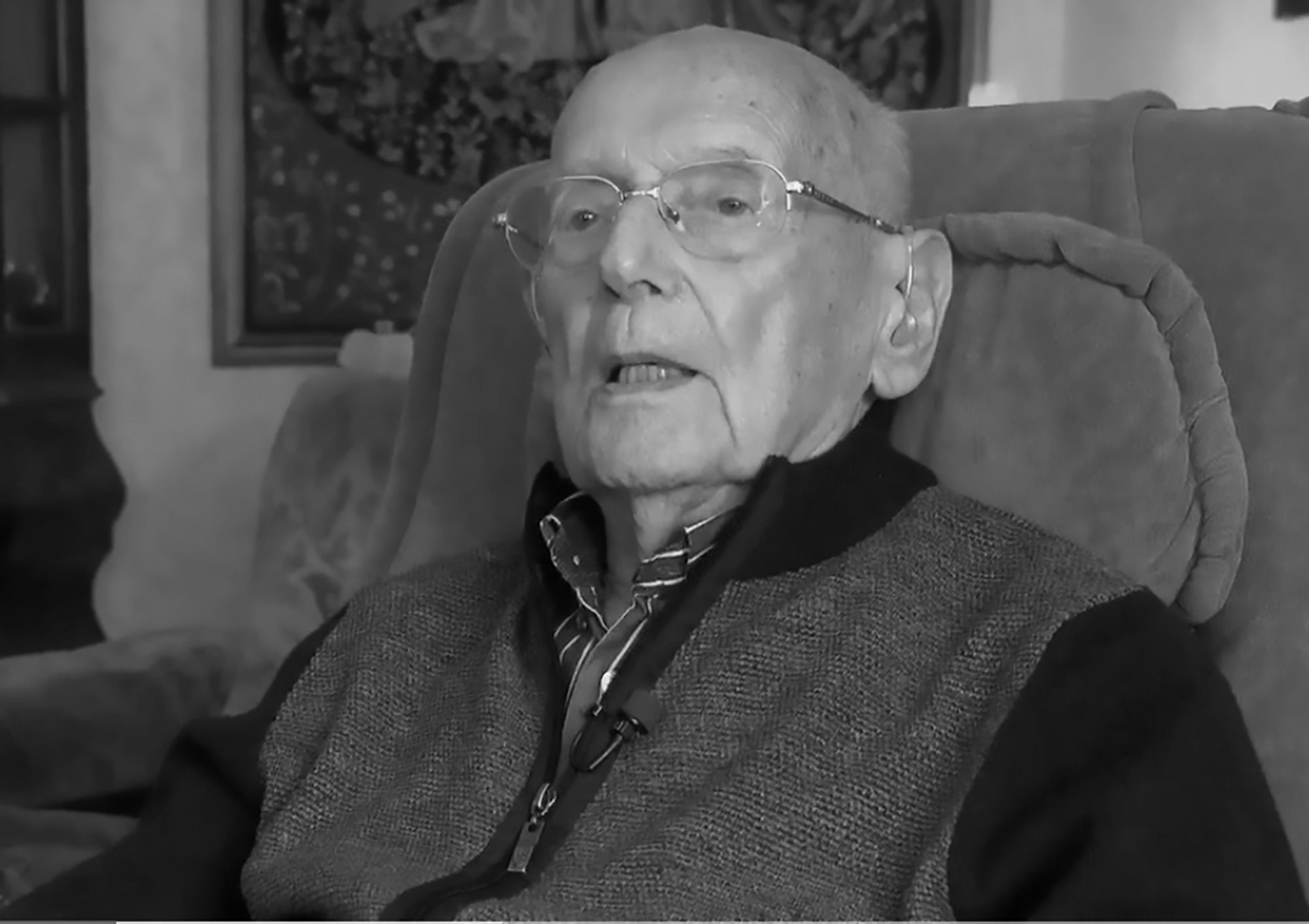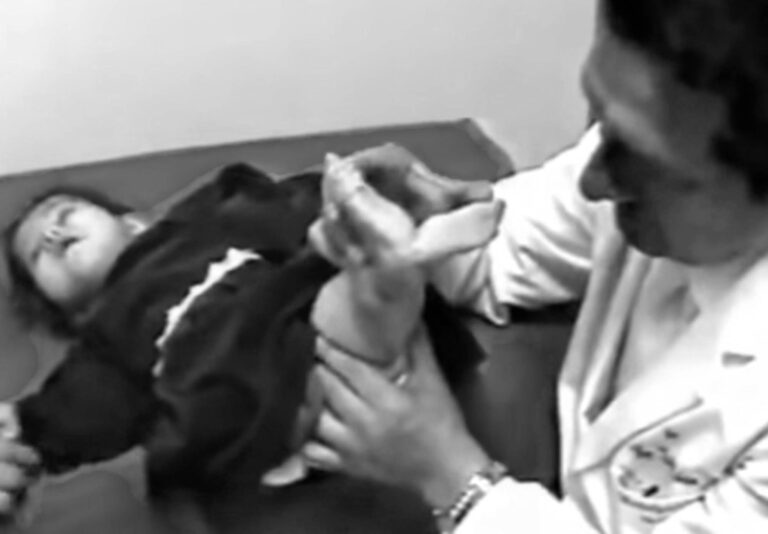Scientists have discovered a rare gene that allows people to live past 100 without suffering from dementia and now they hope to use it to create drugs to end the disease.
The discovery was made by researchers from the University Medical Centre Amsterdam (UMC) under the lead of clinical geneticist Henne Holstege.
The ‘rs72824905-G’ gene is relatively rare, with only one out of every 100 people with European ancestors having it. It is active in regulating the immune system in the brain and seems to protect against the build-up of proteins, which has been linked with Alzheimer’s disease.

The researchers found that the gene not only seems to allow people to live longer, it also strongly reduces the chances of the elderly suffering from Alzheimer’s, as well as two other forms of dementia.
The researchers hope that by mimicking how the gene functions, they can take steps to develop a drug for dementia and Alzheimer’s disease.
For the research, elderly people aged 100 or older from 16 different populations were observed and studied in 60 different institutes throughout Europe and North and South America.
The researchers wrote: “We studied the effect of the rs72824905-G on seven neurodegenerative diseases and longevity, using 53,627 patients, 3,516 long-living individuals and 149,290 study-matched controls.”
One of those with the gene is Mr van Duin from the Netherlands, who at the age of 102 is still in great mental health and even boasts of having a girlfriend.
Mr van Duin said: “A nephew of mine is 99, my sister was 92. My granddad was 96, his son also something like that, 96. Thus something really runs in the family.
“Until not so long ago I saw my life as pointless. Why should I live longer? It doesn’t make the least bit of sense. But now I offered my brain to that brain research maybe I can mean something for mankind after my death. Just a little bit perhaps, but it will be something.”

Besides researching the lives and medical condition of elderly individuals such as Mr van Duin, the researchers also used data from the UK Biobank in Stockport.
The researchers said that people carrying the gene have about 50 percent less chance of suffering from dementia.
According to the researchers, they did not find proof that the gene has an effect on the risks of contracting other diseases such as Parkinson’s disease (PD), amyotrophic lateral sclerosis (ALS) and multiple sclerosis (MS).
The researchers wrote: “Conversely, the rs72824905-G allele was associated with an increased likelihood of longevity. By-proxy analyses in the UK Biobank supported the associations with both dementia and longevity.
“Concluding, rs72824905-G has a protective effect against multiple neurodegenerative diseases indicating shared aspects of disease aetiology. Our findings merit studying the PLCγ2 pathway as a drug target.”
To find out more about the author, editor or agency that supplied this story – please click below.
Story By: Koen Berghuis, Sub-Editor: Joseph Golder, Agency: Central European News




